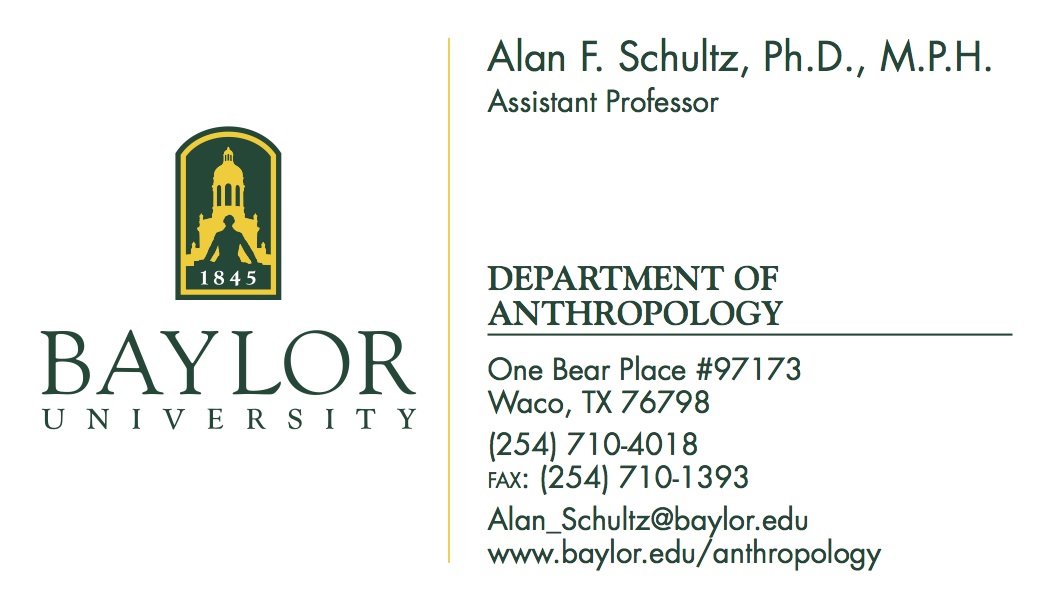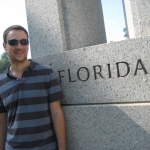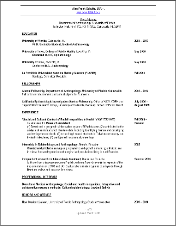Professional
About My Research
The central question that motivates my research is why chronic stress tracks along the fault lines of social inequity among rapidly globalizing populations. This question is important because stress-related illness has the highest global disease burden today and this burden is disproportionately borne by the poor and socially marginalized. Methodologically, my work relies heavily on community-based participatory research collaborations with local communities and stakeholders in order to better frame research questions and collect more valid data. My dissertation fieldwork, funded by two NSF grants, makes a unique contribution to medical anthropology and epidemiology by investigating the role of culture as a stress buffer among a group of Amazonian foraging-farmers who seem to defy the usual connection between globalization, inequality and psychosocial stress—the Tsimane’ of lowland Bolivia. The Tsimane’ present a puzzle because despite two decades of rapid culture change and market integration they have some of the world’s lowest average levels of short-term stress measures and related adverse health outcomes. My dissertation attempts to solve this puzzle and thereby advance our understanding of the links between culture and the stress process and propose solutions towards reducing disease burden.
In the primary phase of my dissertation I combined long-term participant observation and structured ethnography (1) to describe cultural meaning and logics regarding change, coping with challenges and social stratification and (2) to model cultural domains of lifestyle and social support. Then, I used a sociocultural epidemiologic survey to test relationships between a culturally specific measure of social status—cultural consonance—and social determinants against a novel retrospective biomarker of stress (hair cortisol) and stress-related health outcomes. Final analyses of the qualitative and quantitative data are ongoing but look to complement results I recently found in a similar research collaboration with Clarence Gravlee using data from a socioeconomically diverse sample of Puerto Ricans. In that project, I uncovered a status incongruity effect between subjective social status (SSS) and cultural consonance in lifestyle that qualitatively alters health outcomes. When participants SSS is congruent with their level of cultural consonance they tend to have better health; when SSS is incongruent with lifestyle, health outcomes are worse. The finding suggests that cultural and social determinants of health work concurrently to regulate the underlying mechanisms of the psychosocial stress process. And it supports the assertion that both social and cultural measures must be integrated into population health research if we are to better specify and address health inequality due to stress.
The data collected during my two years of dissertation research includes a year’s worth of field notes, 46 semi-structured ethnographic interviews, 45 free lists, 69 rating/ranking exercises, 209 surveys (consisting of 19 modules and over 200 variables) and 206 hair samples for retrospective cortisol analysis. This wealth of data will continue to provide a source for publications over the next few years. It also represents the foundation upon which I am developing new theory and methods for better integration of the culture concept into population health research. This includes work to explain culture’s role in mediating the stress process as part of a larger project to advance a new sociocultural epidemiology that combines the strengths of social epidemiology and the proposed subfield of cultural epidemiology. Sociocultural epidemiology is needed for two key reasons, (1) to address the dearth of operationalized culture measures in population health and (2) to integrate measures of culture with research on the social determinants of health. My research builds on that of William Dressler at the University of Alabama to specify the cultural consonance measurement model and Clarence Gravlee to link biological variables to cultural models and structural measures such as social networks.
Find out more about my work
Contact Me
[clean-contact]








